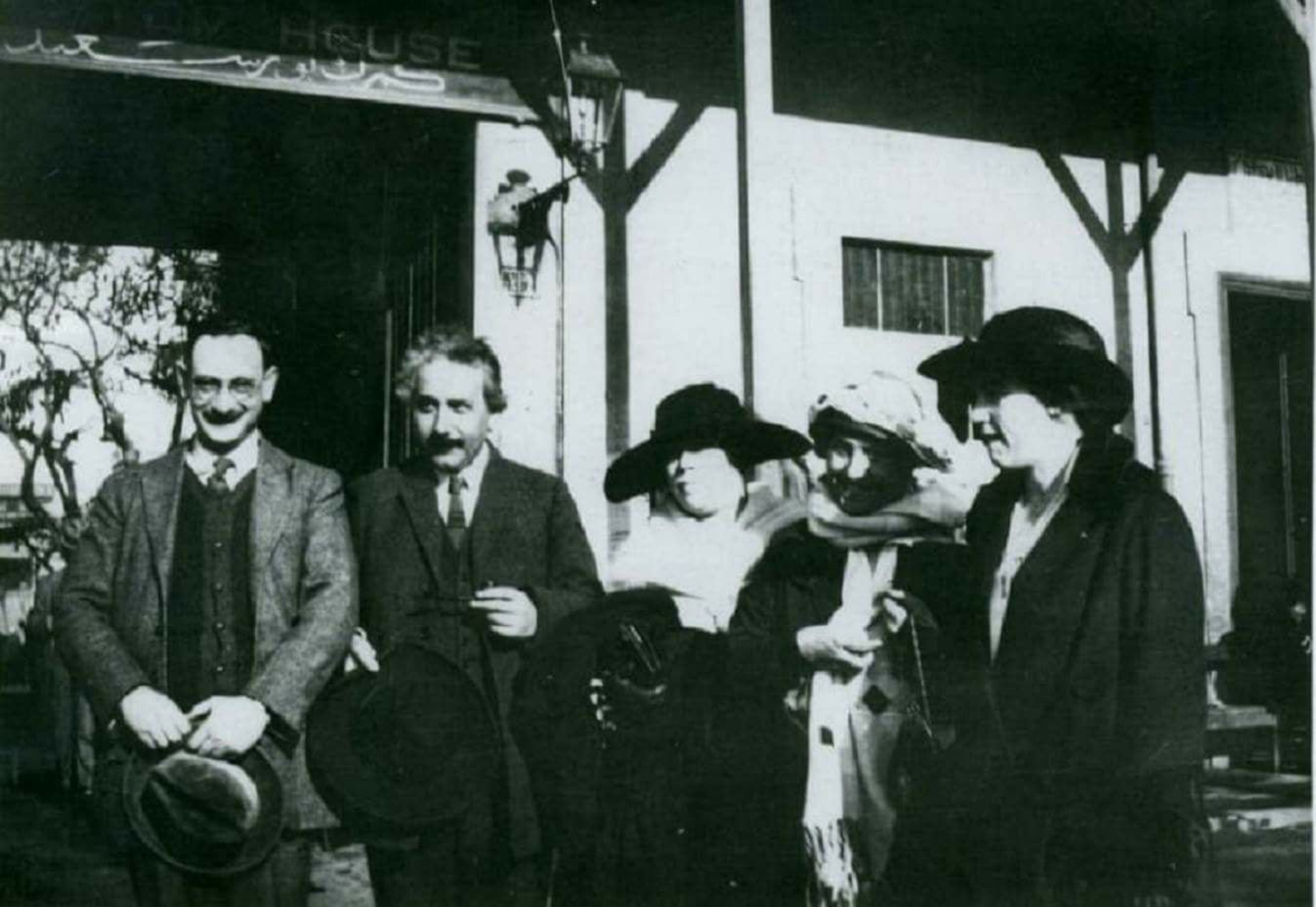“I can not believe that Mosharafa is dead, he is alive through his research. We are in need of his talents, it is a great loss, and he was a genius. I used to follow up his research in atomic energy, he is definitely one of the best scientists in physics,” once said Einstein in his eulogy of Moustafa Mosharafa.
To be mourned by Albert Einstein, one of the most influential scientists of all time, is a testament to a life well-lived: such is the case of Egyptian theoretical physicist Ali Moustafa Mosharafa.
Mosharafa contributed widely to the development of quantum theory and the theory of relativity — key areas in theoretical physics. During the 1920s-1930s, he published 25 papers in various scientific journals about quantum theory, the theory of relativity, and the relation between radiation and matter.
Regarded as one of the greatest Egyptian scientists in history, his lifelong achievements and contributions to his field left a legacy still alive to this day.
Born in 1898 in Damietta, Mosharafa obtained his primary certificate in 1910 – earning the highest grade nationwide — and was awarded his Baccalaureate at the age of 16 in 1914, becoming the youngest student yet to have ever been awarded this certificate.
Because he excelled in mathematics, the Egyptian Ministry of Education sent him to England, where he obtained his BSc from the University of Nottingham, before attaining a PhD from King’s College London. In 1924, Mosharafa became the first Egyptian and only the eleventh scientist worldwide to ever obtain a Doctor of Science.
Upon his return to Egypt in 1925, he was appointed associate professor of mathematics at Cairo University’s Faculty of Science. A year later, at the age of 28, he became the Faculty’s first Egyptian professor of applied mathematics, despite Cairo University’s rule stipulating that a full professor must be no less than 30 years of age. In 1936, he became the dean of the Faculty of Science, and remained in office until his passing.
Throughout his career, Mosharafa also published around twelve scientific books about relativity and mathematics — which were translated into English, French, German, and Polish. He also translated 10 books of astronomy and mathematics into Arabic.
In 1950, Moshrafa passed away —a death that was shocking to the scientific community in Egypt and beyond. Six decades later, his legacy was documented in a TV series directed by Inaam Mohamed Ali, called Ragol Lehaza Al-Zaman (A Man of His Time, 2011 ).
He will always be remembered as a pioneering figure in theoretical physics who has influenced a wide range of scientists, including Sameera Moussa, the first Egyptian female nuclear scientist.







Comments (5)
[…] Source link […]
[…] Source link […]